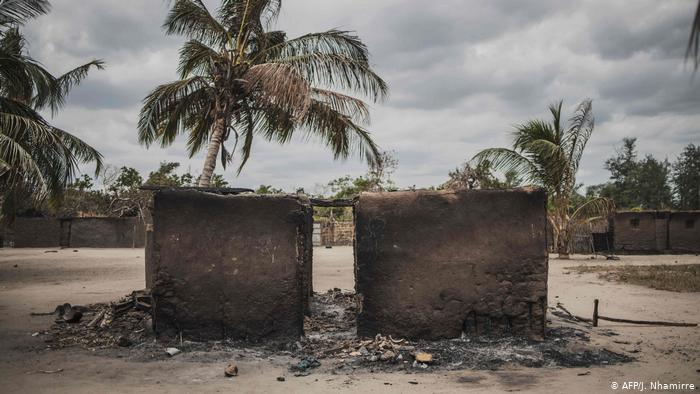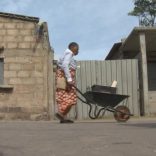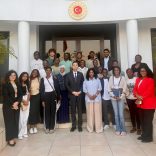Mozambique: Norway and UN project to strengthen women's participation in peacebuilding
Mozambique: Cabo Delgado causes erosion of human rights – Human Rights Watch

File photo: AFP
The conflict in Cabo Delgado has led to a deterioration of human rights in Mozambique, where abuses by the security forces, persecution of journalists and violence against albino people continue, according to Human Rights Watch (HRW).
According to the organisation’s annual report on the world human rights situation, released on Wednesday from the United States, Mozambique experienced a deterioration of human rights in 2020, mainly as a result of the ongoing conflict in the northern province of Cabo Delgado.
“The humanitarian situation in Cabo Delgado province has worsened due to insecurity and violence,” the document said, which analysed the human rights situation in almost 100 countries and territories.
The report noted that the Islamist armed group Al-Sunna wa Jama’a continued its attacks on several villages, “killing civilians, abducting women and children and burning and destroying property”.
HRW also pointed to “serious abuses” by the security forces, including “arbitrary arrests, abductions, torture, excessive force against unarmed civilians, intimidation, and extrajudicial killings”.
In the document, the organisation pointed out the lack of attention of regional and international actors to the conflict in that Mozambican province, where the largest multinational investment in gas exploration is taking place, and which is causing a humanitarian crisis with more than 2,000 deaths and 560,000 displaced people.
“Although violence had been increasing for over a year in Cabo Delgado, the African Union only noticed the unprecedented level of violence against civilians for the first time in February,” HRW said.
In particular, it underlined the promised and unspecified or unrealised support of the Southern African Development Community (SADC), as well as the European Union’s concern about “growing support from regional and international extremist organisations” for armed groups in Cabo Delgado.
In central Mozambique, the human rights organisation denounces what it considers a “campaign” of alleged dissidents of the largest opposition party, the Resistência Nacional Moçambicana (Renamo), which is developing in the centre of the country.
“Attacks continue against private and public vehicles circulating in Manica and Sofala, near Gorongosa, in central Mozambique, by armed men believed to be part of a dissident group of Renamo guerrillas who rejected the Peace Agreement,” the report said, citing local media reports that at least 24 people have been killed since August 2019.
HRW also highlighted the attacks on journalists in the country, considering that last year they “continued to be harassed, intimidated and arbitrarily detained by state security forces”, without any “serious investigation” by the authorities into these abuses against press freedom.
The report noted arbitrary arrests, forced disappearances and attacks on at least six journalists in 2020.
The report also said that “discrimination and violence against people with albinism”, an estimated 20,000 to 30,000 people, continues.
“In Mozambique and neighbouring countries such as Malawi, people with albinism have been hunted for their organs, which are used for witchcraft,” according to HRW, which also denounced the fact that keep people with mental illness are still kept in handcuffs.












Leave a Reply
Be the First to Comment!
You must be logged in to post a comment.
You must be logged in to post a comment.